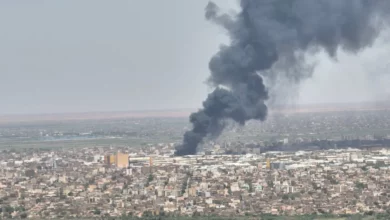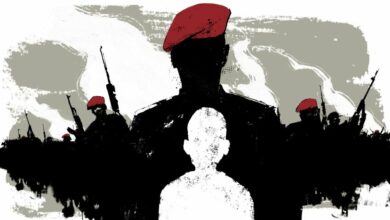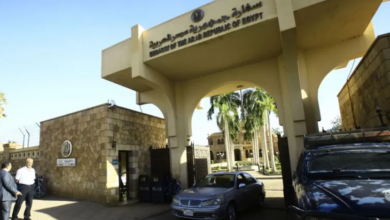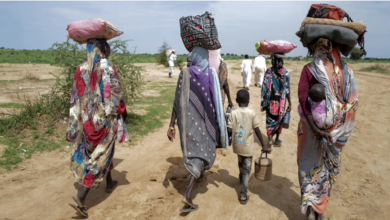Juba–The cost to Sudan and its neighbors of any return to civil war sparked by January's referendum on independence for southern Sudan could total US$100 billion, a report said on Thursday.
The south is widely expected to choose independence in the 9 January vote–allowed for in a 2005 deal to end a conflict that killed 2 million people–while the north is anxious to hold on to the oil-rich south.
As the referendum approaches, both sides have turned up the rhetoric and analysts have warned of a possible return to hostilities.
The report by European and African economic experts put the price of a resumption of civil war in Sudan at more than US$100 billion, and said the economic fallout would extend well beyond its borders.
"The overall cost would be particularly grave for Sudan's neighbors, amounting to 34 percent of their total annual GDP over a 10 year period," said the report by Frontier Economics.
"Both Kenya and Ethiopia could potentially lose over US$1 billion per year," it said.
Ethiopian Prime Minister Meles Zenawi said in an interview with Reuters this week that any return to civil war in Sudan was "too ghastly to contemplate."
The report said the region would look like a risky place for investment, Sudan's demand for imports would drop and neighbors would see resources stretched by an influx of refugees while channeling addition funds into their militaries.
The estimate includes humanitarian and peacekeeping costs of up to US$30 billion–to be met by the international community–and the likelihood that Sudan would surrender US$50 billion of its GDP through return to war.
Tensions are escalating along the disputed border area. On Wednesday the southern army accused northern forces of carrying out an air strike on one of their bases, wounding soldiers and civilians in what it called a bid to "drag Sudan back to war."
If confirmed, it would be the second aerial raid on southern territory this month. Sudan's northern army on Thursday denied mounting any attacks in the south or north of the border and accused southern authorities of harboring rebels from the nearby strife-torn region of Darfur.
Analysts say the potential economic impact remains Sudan's biggest deterrent to war, with both economies dependent on the landlocked south's oil revenues–for which the north is its only channel of export.
"Oil is the greatest disincentive they have. Both parties are cognitive of the fact that their economies are reliant on oil and war would prevent access to it," said International Crisis Group analyst Zach Vertin.
The north's role in exporting southern oil–the refineries and ports are in the north–remains its strongest bargaining chip throughout the referendum process and in any subsequent negotiations, Vertin said.
If oil production were to shut down at the outbreak of war, Sudan would immediately lose 10-20 percent of its GDP, equivalent to US$6.5-13 billion in 2011, the report said.
Sudan's north-south war ended with a 2005 peace deal which shared wealth and power and allowed for the referendum on independence for the south.
Carter Center observers late on Wednesday said registration for the referendum was going well but statements by northern and southern leaders, accusing each other of manipulating the process, were "creating a climate of fear and distrust."




